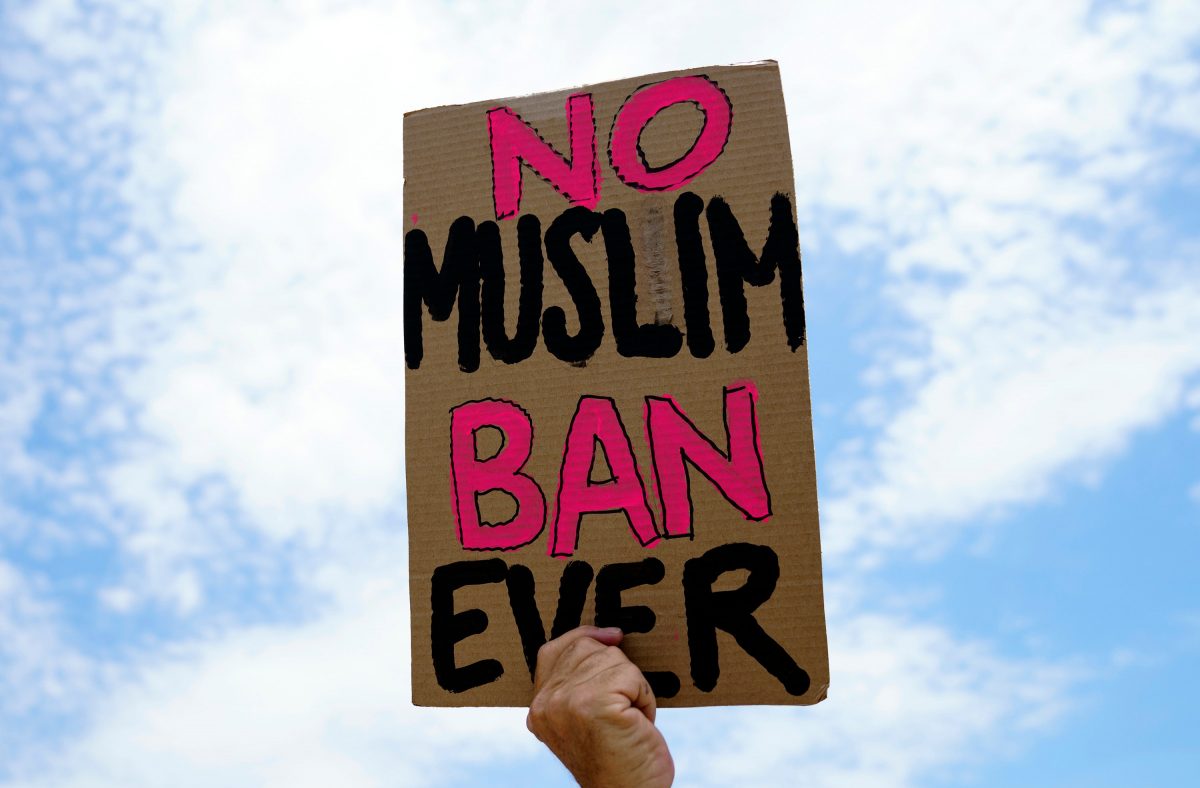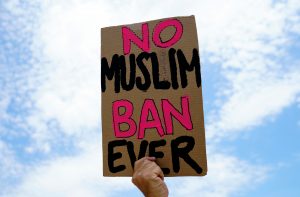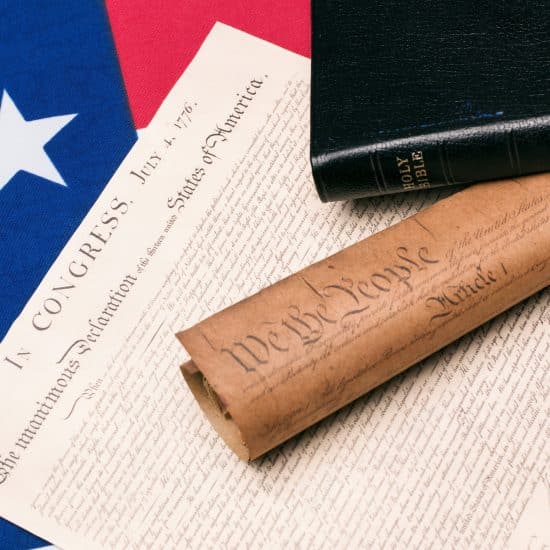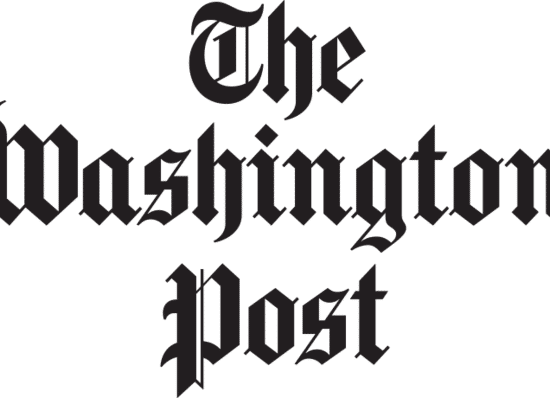
(RNS) — Threats to religious freedom around the world are on the rise — from the persecution of Uighur Muslims, Christians and others in China, to Ahmadis in Pakistan, to the Rohingya in Myanmar — the list goes on. America’s First Amendment rights have long made us a beacon of these human rights to other nations. But over the past four years, our federal government’s violations of its own citizens’ religious freedom rights threatens our commitment to making a difference around the world.
Our ability to champion religious freedom abroad starts at home. On Religious Freedom Day, we rejoice that the Trump administration and the harm it has done to religious freedom is ending. We believe the Biden administration will chart a better course on religious freedom by ensuring the U.S. government respects it domestically, restoring our credibility in calling for religious freedom globally.

A protester holds up a sign that reads “No Muslim Ban Ever” as he protests against the Supreme Court ruling upholding President Trump’s travel ban outside the the Supreme Court in Washington, D.C. on June 26, 2018. (Carolyn Kaster/Associated Press)
The Trump administration’s most glaring violation of religious freedom is the Muslim Ban. Trump first campaigned for president on banning all Muslims from coming to the United States, infamously making the bizarre claim: “Islam hates us.” Then, as president, he tasked Rudy Giuliani with making the campaign pledge pass legal muster. The various iterations of the ban faced many legal challenges, with a 5-4 Supreme Court majority ultimately turning a blind eye to the religious persecution at the heart of Trump’s actions.
History will judge the Muslim Ban decision harshly. As Supreme Court Justice Sonia Sotomayor wrote in her dissent, “Taking all the relevant evidence together, a reasonable observer would conclude that the Proclamation was driven primarily by anti-Muslim animus, rather than by the Government’s asserted national-security justifications.” We documented this and other attacks on religious freedom in a recent report for the Center for American Progress.
At the beckoning of the religious right, instead of upholding religious freedom, the Trump administration attempted to reinterpret it into the right to refuse to comply with generally applicable laws that have nothing to do with religion. It used religious freedom as a legal argument to discriminate against LGBTQ people, religious minorities, and other protected classes. The administration has distorted it into a license to deny access to reproductive health care and to ignore government restrictions intended to stop the spread of COVID-19. The conservative legal advocacy groups that are championing these ideas in the name of religious freedom actually undermine religious freedom.
This agenda also endangered the U.S. commitment to international religious freedom, as Secretary of State Mike Pompeo sought to advance this interpretation of religious freedom above other human rights. The international human rights framework is built on the equal importance of all rights and the understanding that these rights are interdependent. This pick-and-choose approach to universal human rights means other countries could feel similarly entitled to deemphasize the human rights of their choice, including religious freedom. We wrote a letter, signed by over 30 national religious leaders, opposing Pompeo’s approach to religious freedom.
Thankfully, this is the last Religious Freedom Day in which the Trump administration can harm the cause of religious freedom. We were joined by more than 100 faith leaders in writing a letter to the Biden transition team about the need for the next administration to reclaim religious freedom. We outlined four key principles that we hope will guide the Biden administration’s approach to issues of religious freedom:
1. America is made up of diverse religious and nonreligious communities, and every American is equal under the law.
2. The separation of church and state is necessary to protect religious freedom and promote a pluralistic society.
3. Religious freedom is intended to serve as a shield, not a sword.
4. Advance religious freedom around the world as a key foreign policy objective and as part of a larger agenda of promoting human rights.
Thankfully, the Biden administration has already pledged to take action on several religious freedom concerns. President-elect Biden has pledged to rescind the Muslim Ban within his first 100 days in office. He has also taken a strong stand on international religious freedom and has appropriately labeled the Chinese government’s oppression of Uighur Muslims and others genocide.
Religious freedom is a core American value and a universal human right. On this Religious Freedom Day, we are concerned about the rising threats around the world, but we are hopeful for progress in the years ahead. The Biden-Harris administration’s new leadership presents a critical opportunity to redouble our efforts to reclaim religious freedom for the benefit of all.
Maggie Siddiqi is the senior director of the Faith and Progressive Policy Initiative at the Center for American Progress. Guthrie Graves-Fitzsimmons is a fellow at the Center for American Progress.






